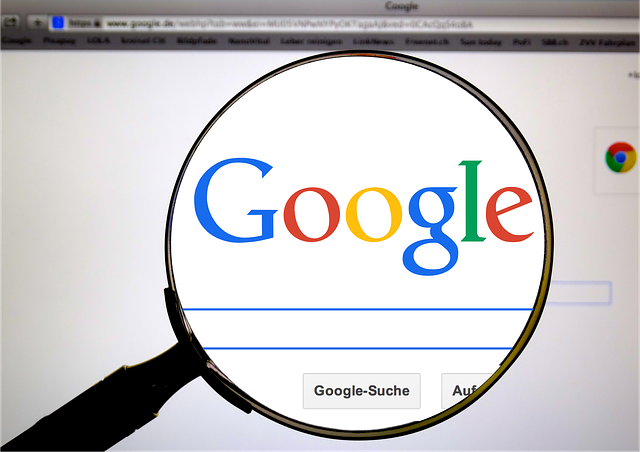How Google Penalizes Duplicate Content

Myth behind Duplicate Content
The reality is far different when analyzed a bit. According to Google they state, “Duplicate content generally refers to substantive blocks of content within or across domains that either completely match other content or are appreciably similar.” If a website has many pages with identical content, Google can be notified about the preference of the URL through what is widely known as canonicalization. It is the process in which a same content is accessed through multiple URLs.
In short this dispels the fear that Google actually penalizes pages with same content. There could be several reasons why same content is being used in different URLs. It does not mean that the web page is liable to be punished. However, there are instances where same content is deliberately used across different domains to manipulate the rankings for a particular webpages. In this case it actually results in a poor user experience for people who are trying to reach out for a specific piece of information on the internet but are led to multiple pages with the same content.
Google tries to prioritize two pages with similar content based on some filtering techniques it follows. This filtering does not necessarily mean a penalty to the page that is lease preferred but a technique to show the user the nest possible result for the query. However in rare cases, where Google finds out that duplicate content has been used with the sole purpose of exploiting ranking hierarchy, Google may try to make adjustments to the way the particular page is indexed which might result in page rank drop.



 +91 8277203000
+91 8277203000
